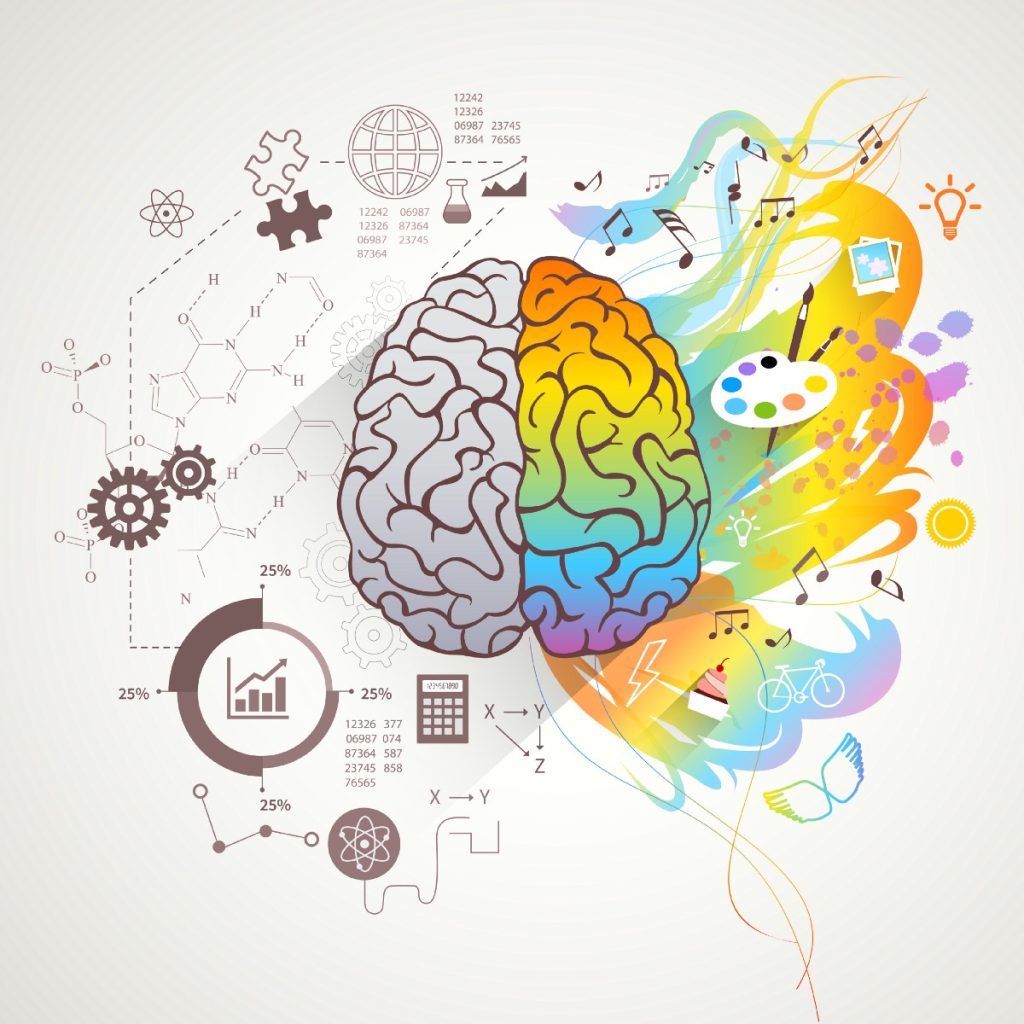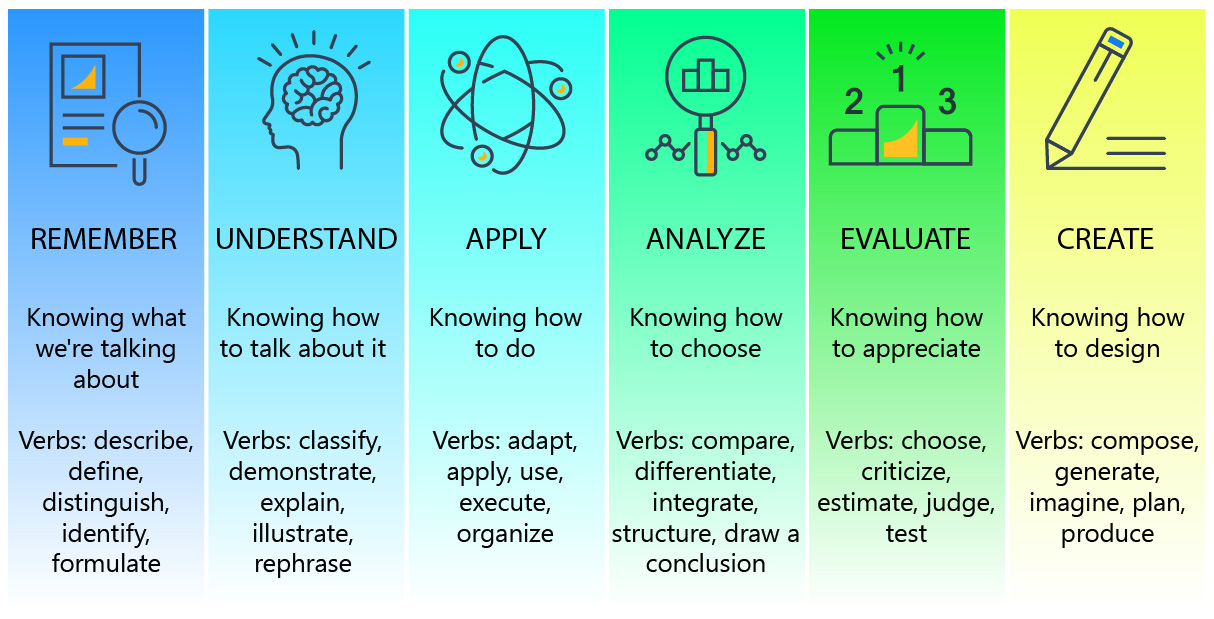Metacognition
A study technique that makes thinking and learning visible to students. A self-regulation study technique which makes thinking and absorbing, discernible to learners.


Metacognition (derived from the Greek root word "meta" meaning "beyond" and the Latin word "cognoscere" meaning "getting to know") refers to a student’s ability to be aware of what they are thinking about and choose a helpful thought process. It captures a student’s ability to: Analyse how they think. Have high self-awareness and control of their thoughts. Choose an appropriate and helpful strategy for the task at hand
Metacognition and self-regulation approaches “aim to help learners think about their own learning more explicitly. This is usually done by teaching pupils specific strategies to set goals, and monitor and evaluate their own academic development…the intention is often to give pupils a repertoire of strategies to choose from during learning activities”. Essentially, metacognition means being aware of what you are thinking about and choosing effective strategies
The importance of metacognition in education is on the rise after research suggested that it is one of the most effective and cost-efficient ways to help students make gains in their learning. Evidence shows that students who use metacognitive thinking and related strategies improve in a range of subjects, including Maths, Science and English.
Metacognition in Education and Schools
Examples of metacognition in schools:
- The ability to critically analyse how you think. We don’t often like to believe we are wrong but being able to take a step back and assess your own thoughts plays a key role in becoming an independent learner.
- Having high self-awareness and control over your thoughts. It is important to be aware of our skills and what we can and can’t do. Those who lack metacognitive thinking tend to overestimate themselves. As a result, when they don’t succeed, they suffer a major setback. Knowing your capabilities as a student and as a teacher is particularly useful when you are looking for areas you can improve.
- Developing appropriate and helpful thinking strategies at each stage of a task.
– Before a task, students can use metacognitive thinking to think about which strategy has worked previously for something similar and what the best first step may be.
– During a task, they can use it to make sure that they are staying on track and that what they have done so far is working.
– Finally, after a task, having a self-debrief that is consistent regardless of outcome will ensure that excessive positive or negative emotions don’t cloud their judgement and learning. It will also allow them to identify which areas they can improve, and whether the strategy they used needs to be tweaked next time a similar task comes up.



Metacognitive Skills


- Metacognitive skills allow you to organize and evaluate your thought process related to learning and problem-solving.
- Another way to define metacognitive skills is your self-awareness regarding the information you do and don’t know and how you work to recall or retain knowledge regarding a particular subject.
- Metacognitive skills typically start developing during childhood and allow individuals to learn different school subjects.
- These skills continue to grow and evolve throughout the teenage years and into adulthood as individuals move from educational to professional settings.
Metacognitive skills typically fit into three distinct categories of the learning process:
- Planning: The first phase of metacognition, the planning phase, asks individuals to question what they want to learn, what existing knowledge they can use to help them learn, what they need to focus on to learn and what time frame they have to achieve comprehension.
- Monitoring: The monitoring phase occurs throughout the learning process. During this phase, individuals ask questions relating to how well they’re retaining information, whether to slow or quicken the pace at which they learn depending on the subject’s difficulty and whether they need to seek additional guidance to help them learn.
- Evaluation: The evaluation phase is the final phase during the metacognitive process. During this phase, individuals evaluate their ability to learn during the monitoring phase. They question whether what they learned could help them in other areas, determine weak areas where they need to complete additional work and reflect on what they should’ve done differently to maximize their learning experience.
Developing Metacognitive Skills




